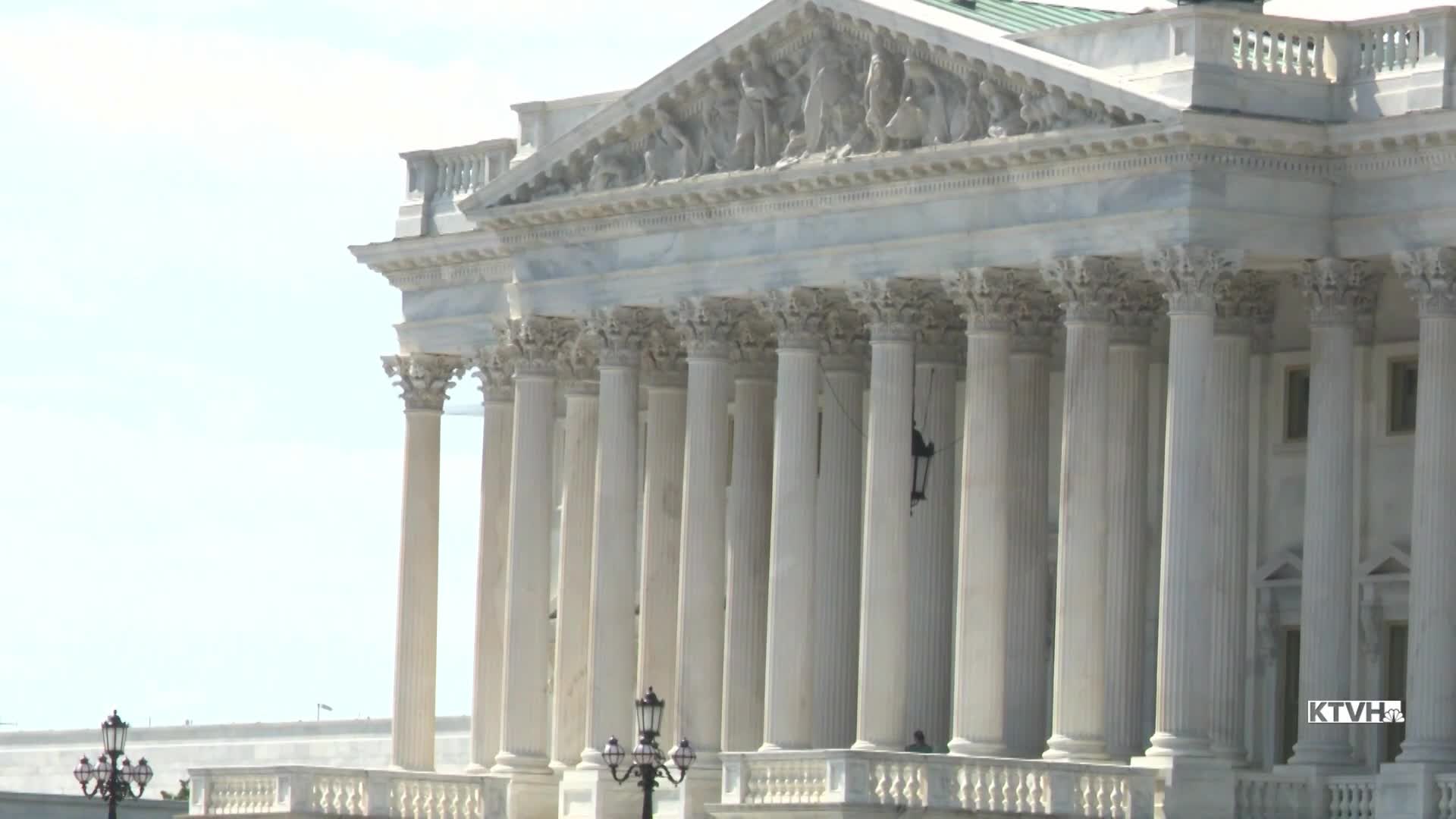HELENA — The U.S. is quickly approaching another government funding deadline, which means Congress is again debating over the possibility of a shutdown.
The federal fiscal year ends on Sept. 30, and right now, there’s nothing in place to continue funding the government on Oct. 1.
“The unfortunate part about Congress is that usually Congress doesn't move until you have to,” U.S. Rep. Ryan Zinke told MTN. “So now we're up against the wall.”
(Watch the video to hear more from Zinke on the path forward in Congress.)
Zinke, a Republican who represents Montana’s western congressional district, supports House GOP leaders’ proposal for a “clean” continuing resolution, to keep funding programs at the same levels they are now through the middle of November and allow long-term budget negotiations to continue. He says avoiding a government shutdown should be a priority.
“Quite frankly, it doesn't save money,” he said. “If we want to look at how we spend money, I sit in Appropriations, that's the right avenue. But let's not shut the government down because it has a lot of unintended consequences.”
The House is scheduled to vote on a continuing resolution on Friday. There, it can pass if all Republicans get behind it – though some in the party have reservations about the plan.
In the Senate, however, it will take both Republican and Democratic support to clear the 60-vote requirement to avoid a possible filibuster. Democratic leaders have listed additional policy demands they want to see as part of a deal to keep the government running.
One of those is extending subsidies for health insurance plans under the Affordable Care Act, which are set to expire at the end of 2025.
Zinke said he believes there’s interest in doing something to avoid a “cliff” that would cause significantly higher premiums for many Americans.
“We don't want to go into, all of a sudden, a wall, where the economy is not great and then all of a sudden insurance costs skyrocket,” he said. “We're trying to do the exact opposite. We're trying to bring insurance costs down.”
For now, though, he said the focus should be on keeping the federal government open.
“A government shutdown is not good for anybody,” he said. “It's not good for our country, so I think there should be a compelling interest to avoid it if you can.”





